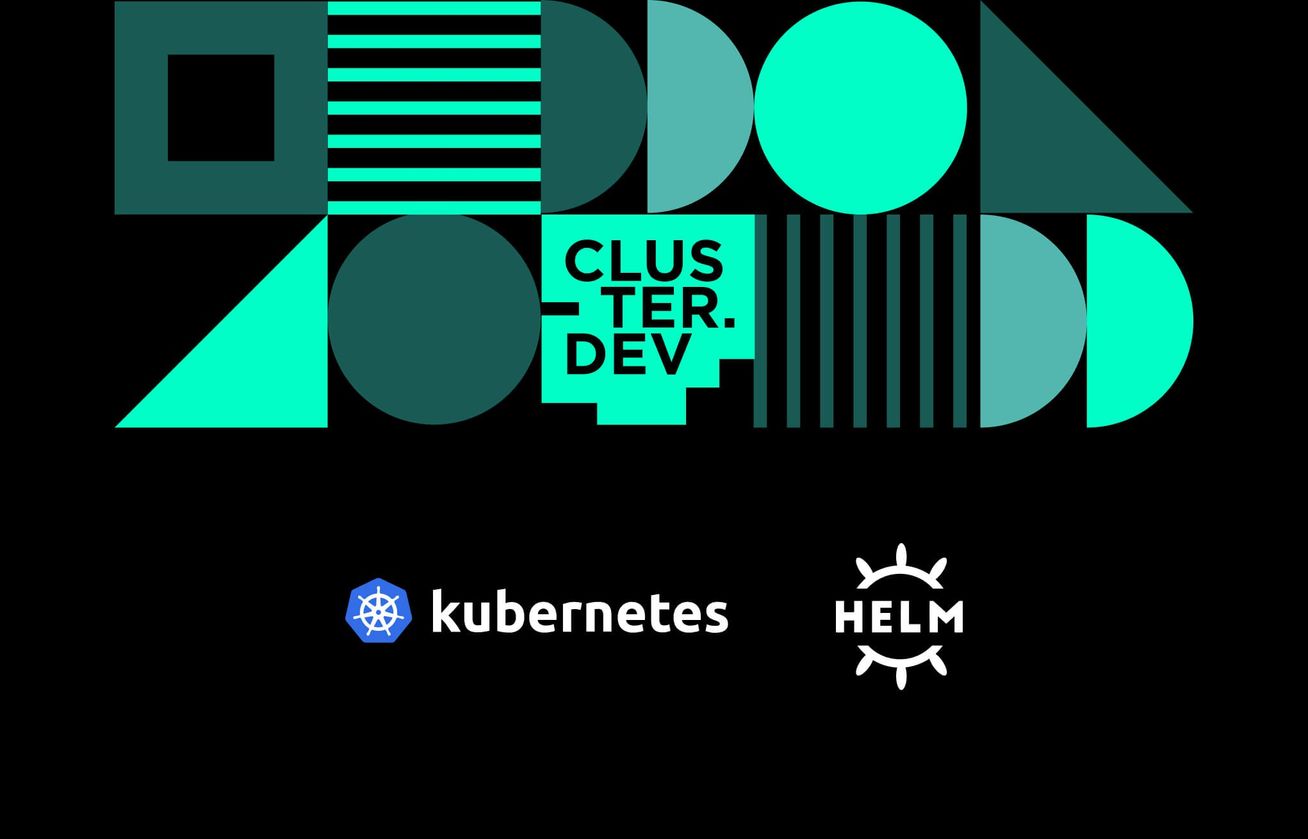Automated Solution for Deploying Enterprise SaaS
No more cumbersome and lengthy deployments: we enable your customers to have a single click installation of a copy of your SaaS in their cloud accounts in minimal time.
Challenges and Solutions
Solutions
Swift and Effortless Deployment
Our automated solution is engineered to facilitate the seamless deployment of your SaaS onto your clients’ cloud accounts. We integrate your software with cloud infrastructure code, delivering a comprehensive package that simplifies installation. This innovative approach allows users to launch your software within their cloud environments with minimal effort and maximum accuracy.

Who Can Benefit from Our Solution?
Ready to get started?
Absolutely, our solution is extremely flexible and can be effortlessly integrated into systems of any complexity. Operating on the principles of infrastructure codification, Cluster.dev supports various Infrastructure as Code (IaC) technologies and declarative tools, all harmonized within a unified template. Leveraging open-source components enables easy code customization, ensuring a seamless fit with your unique business needs and SaaS architecture.
Cluster.dev operates with infrastructure templates. Working with a ready-made template is so easy and straightforward that it can be done even by non-technical staff. Our engineering team is ready to help you develop custom infrastructure templates to meet your unique needs. Would you like to discuss your project? Use this link to schedule a call: https://calendly.com/clusterdev/30min
Integrating with a variety of cloud platforms, Cluster.dev leverages their scaling capabilities to eliminate performance bottlenecks during increased load. A set of versatile stack templates enables instant scale of your SaaS by automatically launching identical infrastructures in new regions.
Cluster.dev supports a variety of cloud environments, including major providers of cloud services like AWS, GCP, and Azure. It is effective in managing multi-cloud environments and can be integrated with on-prem solutions like VMware to support complex hybrid scenarios.
Sure! Cluster.dev generates full execution code that can be reviewed and approved by security auditors in advance, ensuring compliance with strict regulatory requirements.
Depending on the chosen plan, the post-deployment support includes Slack and GitHub troubleshooting and consulting for open-source users. For enterprise customers we offer a dedicated helpdesk that includes customized template development and priority feature requests.
 Schedule call
Schedule call
